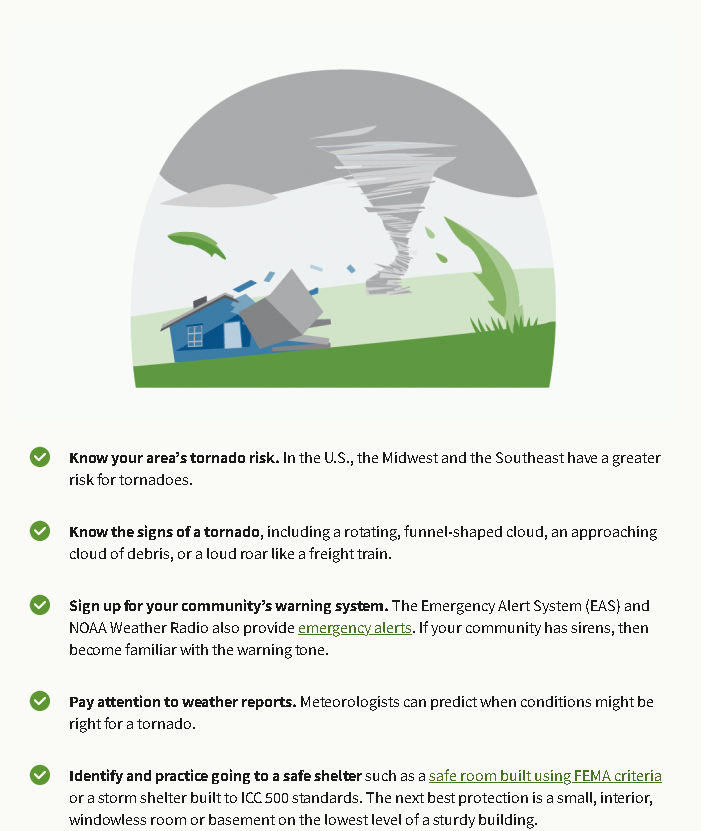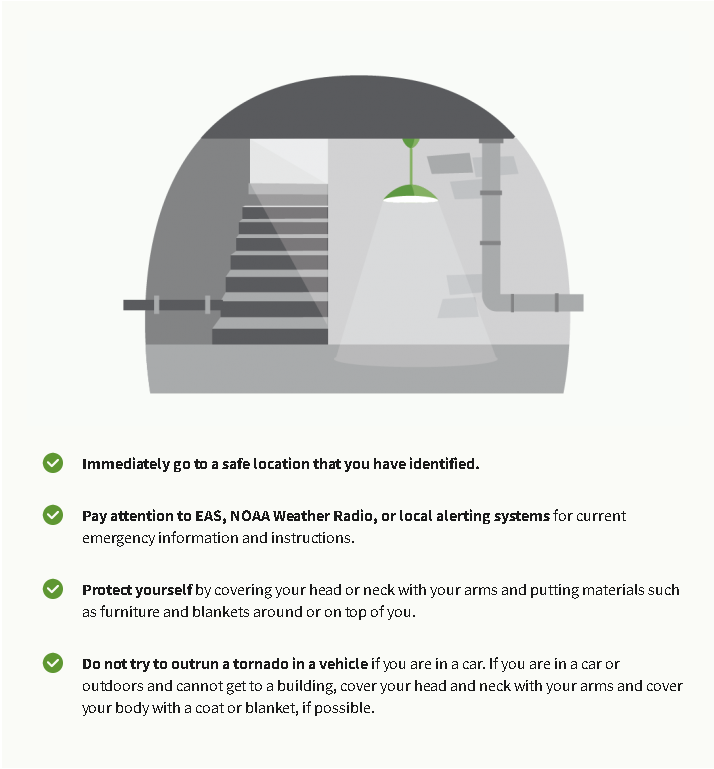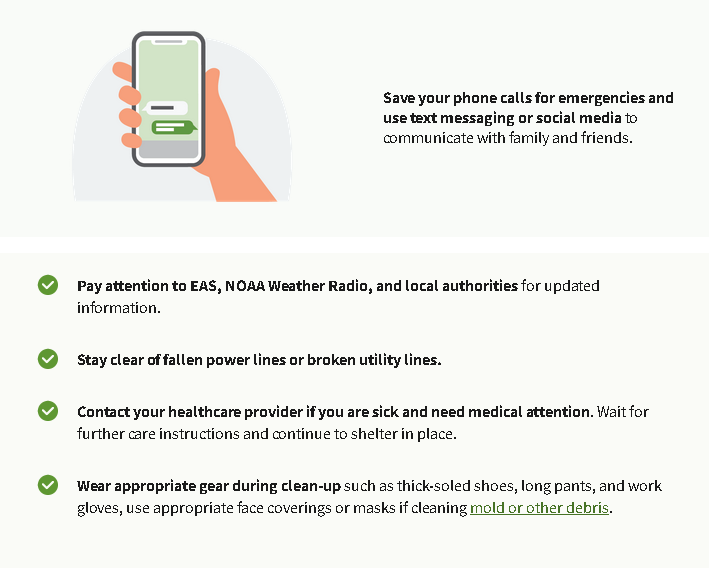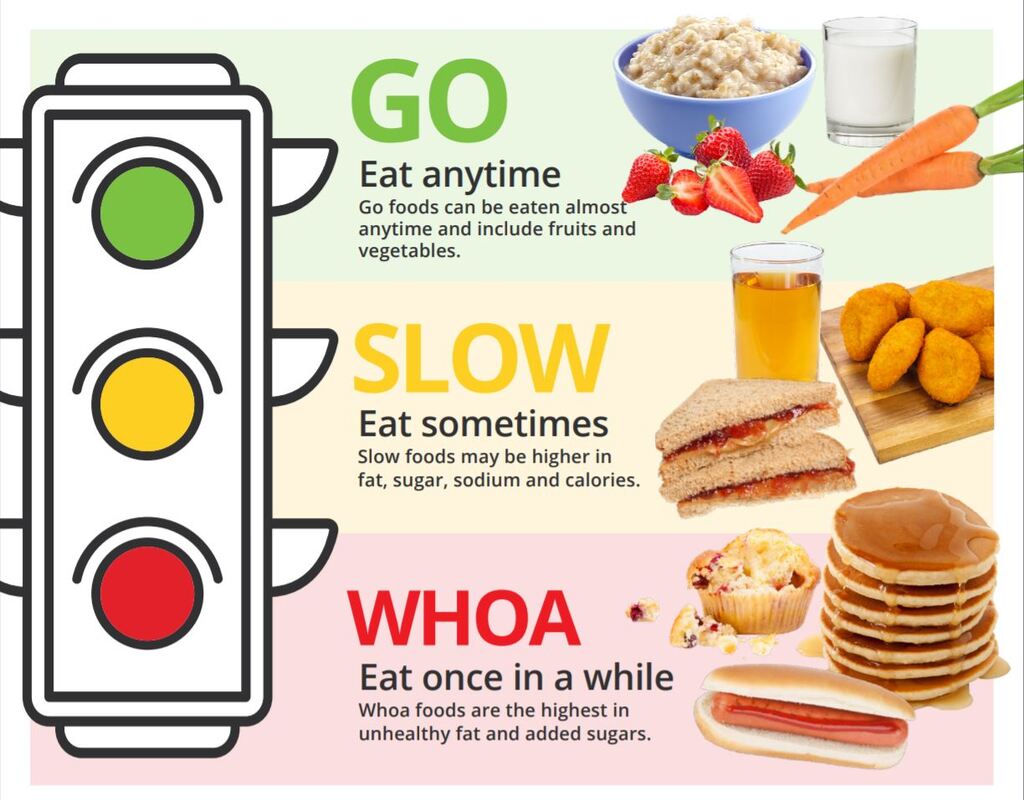Education. Advocacy. Leadership. Service.
Clinch-Powell Educational Cooperative (CPEC) has been providing quality comprehensive services to children and families since 1971.
Spotlight
Preparing for a Tornado
Staying Safe During a Tornado
Staying Safe After a Tornado
Go Foods, Slow Foods and Whoa Foods
Click here for a great handout and activity sheet to help everyone visualize what makes a Go Food to eat anytime, a Slow Food to eat sometimes, and a Whoa Food to eat only once in a while for healthy eating.
HoursM-F: 7am - 4:30 pm
Telephone423-626-9270
|
106 Ingle Drive
P.O. Box 279 Tazewell, TN 37879 |
|





